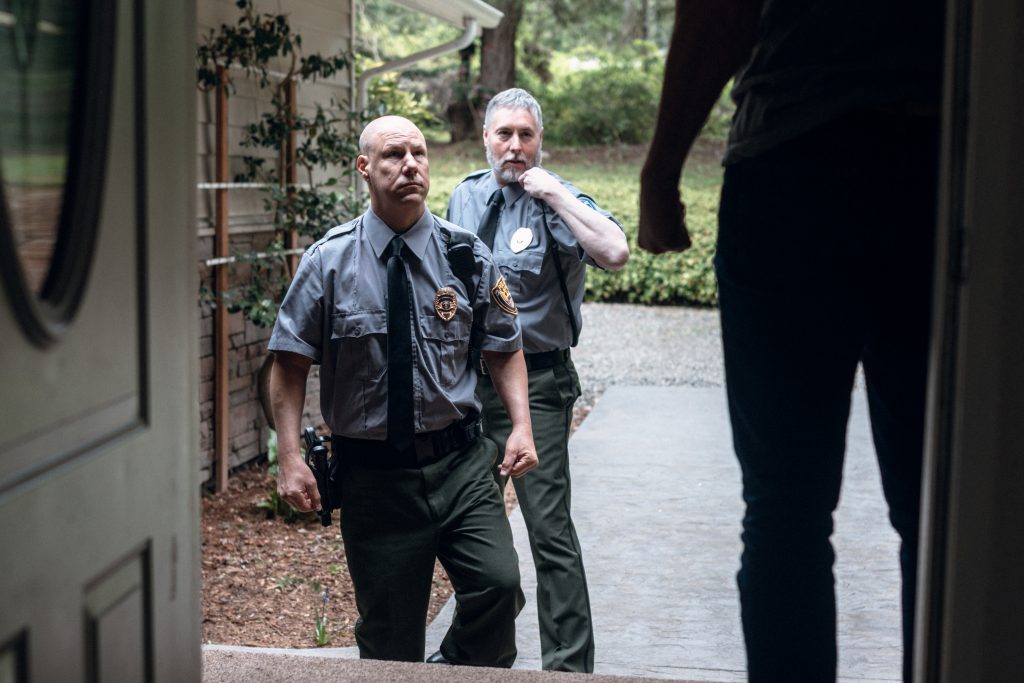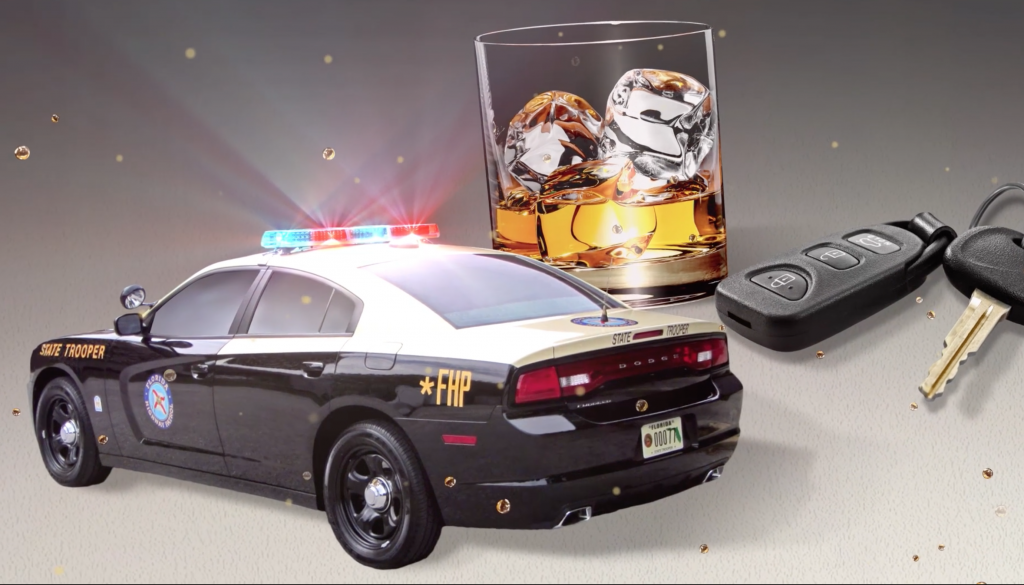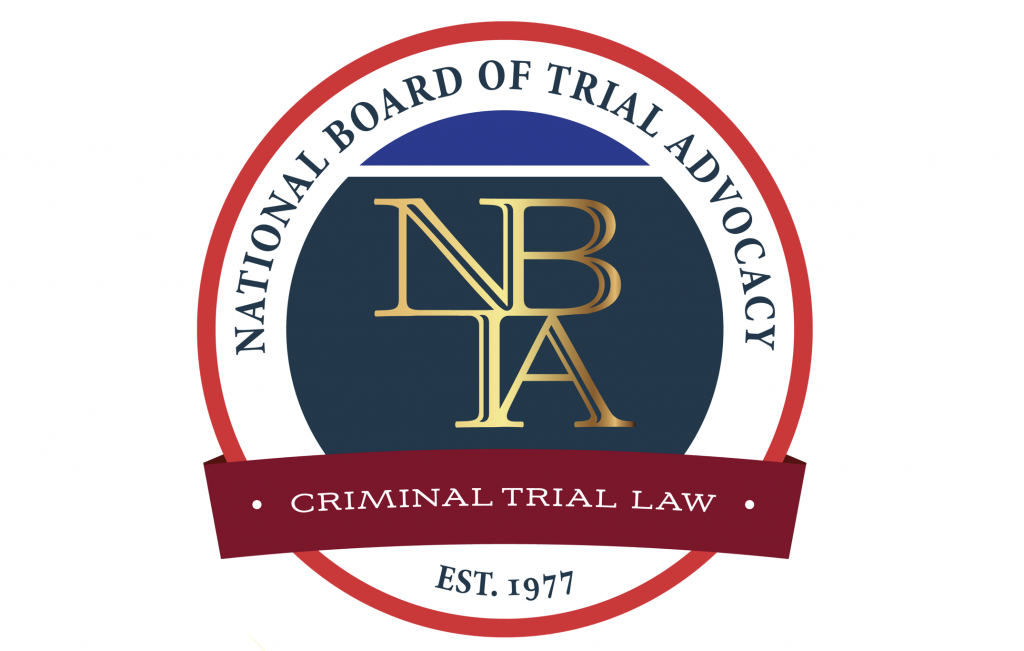Crimes in Florida can be divided into two general types, misdemeanors and felonies. Florida misdemeanors are punishable by a maximum of up to one year in jail, while Florida felonies are punishable a year or more in Florida State Prison.
Florida law further breaks down misdemeanors and felonies into different levels, depending on the severity of the maximum punishment allowed by law.
What is a Florida Second Degree Misdemeanor?
A Florida second degree misdemeanor is an offense punishable by a maximum of 60 days in jail, a $500 fine, and six months of probation.
An example of a second degree misdemeanor is second degree misdemeanor petit theft, which applies when the value of the property stolen is less than $100. Other examples of second-degree misdemeanors in Florida are trespassing, assault, disorderly conduct and no valid driver’s license.
A first time Florida DUI in which there was no property damage and no personal injury is also a second-degree misdemeanor. However, there are special rules when it comes to these types of DUI convictions. A person convicted in Florida of a first offense DUI not involving property damage nor personal injury faces a maximum of 6 months in jail, with a fine between $500 and $1000. However, If the driver’s blood alcohol level was .15 or higher, or there was a minor in the vehicle, the maximum jail sentence is 9 months and the fine will be between $1000 and $2000. Probation for a first time DUI will be set between six months and one year.
What is a Florida First Degree Misdemeanor?
A Florida first degree misdemeanor is an offense punishable by up to one year in jail, a $1000 fine, and twelve months of probation.

An example of a Florida first degree misdemeanor is first degree misdemeanor petit theft, which applies when the value of the property is greater than $100 but less than $750. Other examples of Florida first degree misdemeanors are battery, driving on a suspended license, resisting arrest without violence, and carrying a concealed weapon without a license.
A first time DUI with property damage and a first time DUI involving a non-serious personal injury are also first degree misdemeanors. However, there are special rules when it comes to these types of DUI convictions. A person convicted in Florida of a first offense DUI involving property damage or non-serious personal injury in which the driver’s blood alcohol level was .15 or higher, or a person convicted in Florida of a first offense DUI who at the time of the offense had a person under the age of 18 present in the vehicle, faces a maximum fine of $2000.
What is a Florida Third Degree Felony?
A Florida third degree felony is an offense punishable by up to 5 years in prison, a $5000 fine, and 5 years of probation.
An example of a Florida third degree felony is third degree felony grand theft, which applies when the value of the property stolen is greater than $750 but less than $20,000. Other examples of Florida third degree felonies are felony battery, a third time DUI which took place within 10 years of a prior DUI conviction, aggravated assault, possession of cocaine, carrying a concealed firearm without a license, and resisting a law enforcement officer with violence.

What is a Florida Second Degree Felony?
A Florida second degree felony is an offense punishable by up to 15 years in prison, a $10,000 fine, and 15 years of probation. An example of a Florida second degree felony second degree felony grand theft, which applies when the value of the property stolen is greater than $20,000 but less than $100,000. Other examples of Florida second degree felonies are aggravated battery – deadly weapon, and aggravated battery – great bodily harm.
What is a Florida First Degree Felony?
A Florida first degree felony is an offense punishable by up to 30 years in prison, a $10,000 fine, and 30 years of probation. An example of a Florida first degree felony is first degree felony grand theft, which applies when the value of the property stolen is greater than $100,000.
Also, according to Florida Statute § 775.087, if the state prosecutor proves that a defendant used a weapon during an aggravated battery and that the victim suffered great bodily harm, then the aggravated battery great bodily harm charge is reclassified from a second-degree felony to a first-degree felony.
There are some things you should know when it comes to state criminal charges in Tampa, Florida.
First of all, the mere fact that you have been accused of a state crime in Tampa, Florida does not mean that you will be convicted of that crime. People are accused of crimes that they did not commit all the time. Dishonest witnesses, overzealous law enforcement officers, and honest misunderstandings can all lead to unfounded criminal charges.
Second, Tampa police officers and Hillsborough County Sheriff’s deputies are often the first to charge an individual with a crime. However, their decisions will be reviewed by a Hillsborough county state prosecutor, who after speaking with your attorney and learning more about the case, may elect to drop the case, or to charge a less serious offense.
Third, who you choose as your criminal defense lawyer matters. Take the time research the attorney you are thinking of hiring. Pick an experienced Tampa criminal defense attorney who will fight for you.

Are you looking for the best criminal defense lawyer in Tampa, Florida?
If you or a loved one has been charged with a misdemeanor or felony in Tampa Florida, contact the Hardy Law Firm, P.A. and get help today. Attorney David C. Hardy has handled thousands of Tampa criminal cases, and he fights to get his clients the best possible results in their cases.
Posted in Florida Criminal Defense
